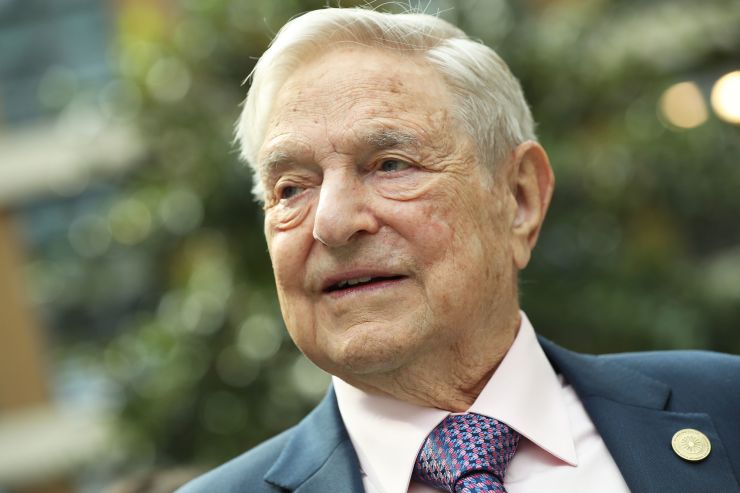
Photo courtesy of Getty Images
If the 2016 election taught me anything, it’s that we as a nation cannot afford to be politically apathetic. I don’t think Donald Trump won because most Americans believe immigrants are bad or that climate change is a hoax, but rather because Donald Trump gave us quick and easy answers to complex questions. His whole immigration policy fell under the word wall and his trade policy under unfair. While this did not start with Trump, nor is it limited to one party, the results are apathetic voters who latch onto these easy and palatable solutions.
It seems like that’s just the nature of politics in the Digital Age. Public statements have been shaved down to 140 characters, soundbites cut to less than 20 seconds. We choose a side and check off our team down ballot hoping for better days. This isn’t the path to a better future, this is the path of least resistance. The only people capable of changing the future are the ones who will inhabit the future. In other words, my generation and the generations to come. It is crucial, thus, that we empower the next generation of leaders by making them acutely aware of these issues and what must be done to stop them.
I’ve already seen this done among my peers. Nearly every college student I talk to is aware of the echo chambers of social media and usually will make some satirical reference to their own use of the Internet. This astute self-awareness is a symptom of internet culture, and I believe it’s also one of my generations greatest strengths. It grants us the ability to see past the endlessly confusing corridors of the Internet and allows us to take advantage of this keen sight. This is easily seen in the Parkland, Florida, students’ reactions to the Stoneman Douglas High School shooting. Students led by trailblazers like David Hogg and Emma Gonzalez organized countless rallies and garnered nationwide support to enact real change in various state houses and companies—all without the infrastructure or financial backing that their ideological opponents wield so carelessly.
At the end of it all, empowering the next generation of leader’s means investing in our collective future, not only as a nation but as a species. The problems faced in America today are not in isolation. How we choose to move forward will be studied and critiqued for years to come. If we do it right, our path will be emulated by others across the globe. Critical to this is engagement from each and every citizen. How is it acceptable to any patriot that America has one of the lowest voter turnout rates among first world countries? It is the job of those in power to engage, educate, and energize citizens to secure a better future for everyone.
– Kevin Hanley



